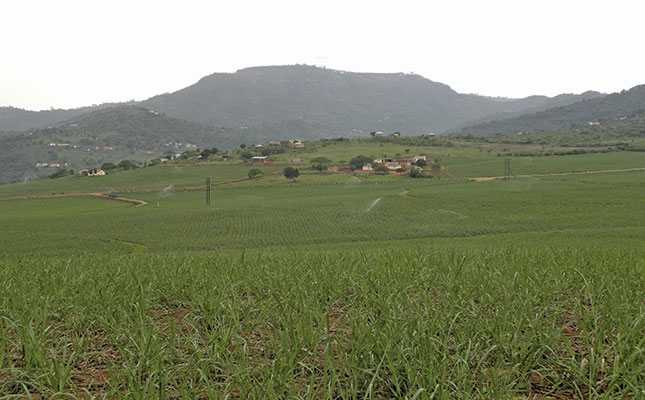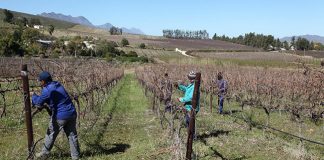
In its current form, Section 25 of the South African Constitution does not pose an obstacle to successful land reform.
And neither does Section 25(3) of the Constitution, which requires fair and equitable compensation to be paid for expropriated land.
This was the view of Sandy la Marque, CEO of the KwaZulu-Natal Agricultural Union (Kwanalu), who was speaking recently at a workshop hosted jointly in Pietermaritzburg by her union and its parent organisation, Agri SA.
The workshop was held with the leaders of all of Kwanalu’s member farmers’ associations and with the leaders of agricultural commodity groups in the province.
Kwanalu and Agri SA used the opportunity to inform workshop attendees of the two organisations’ collective stance on proposed expropriation without compensation (EWC) legislation, and to get the attendees’ feedback on this proposed legislation.
La Marque told delegates that the view that Section 25 of the Constitution does not pose an obstacle to successful land reform “was expressly confirmed by the November 2017 report compiled by the High-Level Panel on Key Legislation”.
She pointed out that this report had identified the main obstacles to successful land reform being corruption by officials, diversion of land reform budgets to elites, lack of political will, and lack of training.
“This report also noted that although the Constitution currently provides for positive land rights in Sections 25 (5), (6), (7) and (9), these rights at present are not being adequately promoted, enforced or protected, and that instead they appear to be under attack from policies and practices directly benefitting specific elites within political alliances,” said La Marque.
She told the workshop that both Kwanalu and Agri SA would be making presentations to the Constitutional Review Committee hearings scheduled for mid-July 2018.
She said that large-scale EWC would have a “very serious” impact on South Africa’s food production and on the country’s economy.
The uncertainty created by threats of EWC was undermining investors’ confidence in the agricultural sector.










